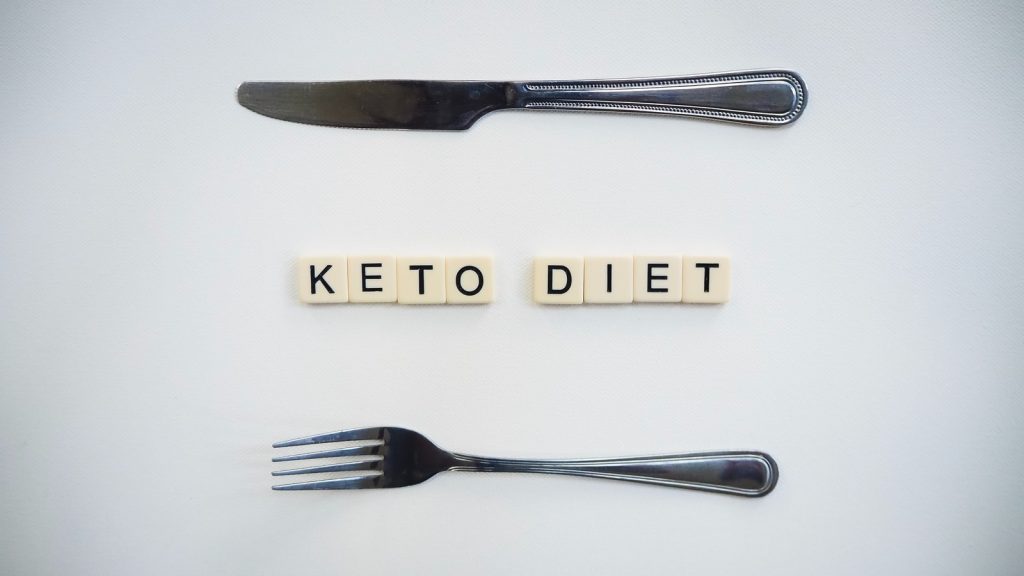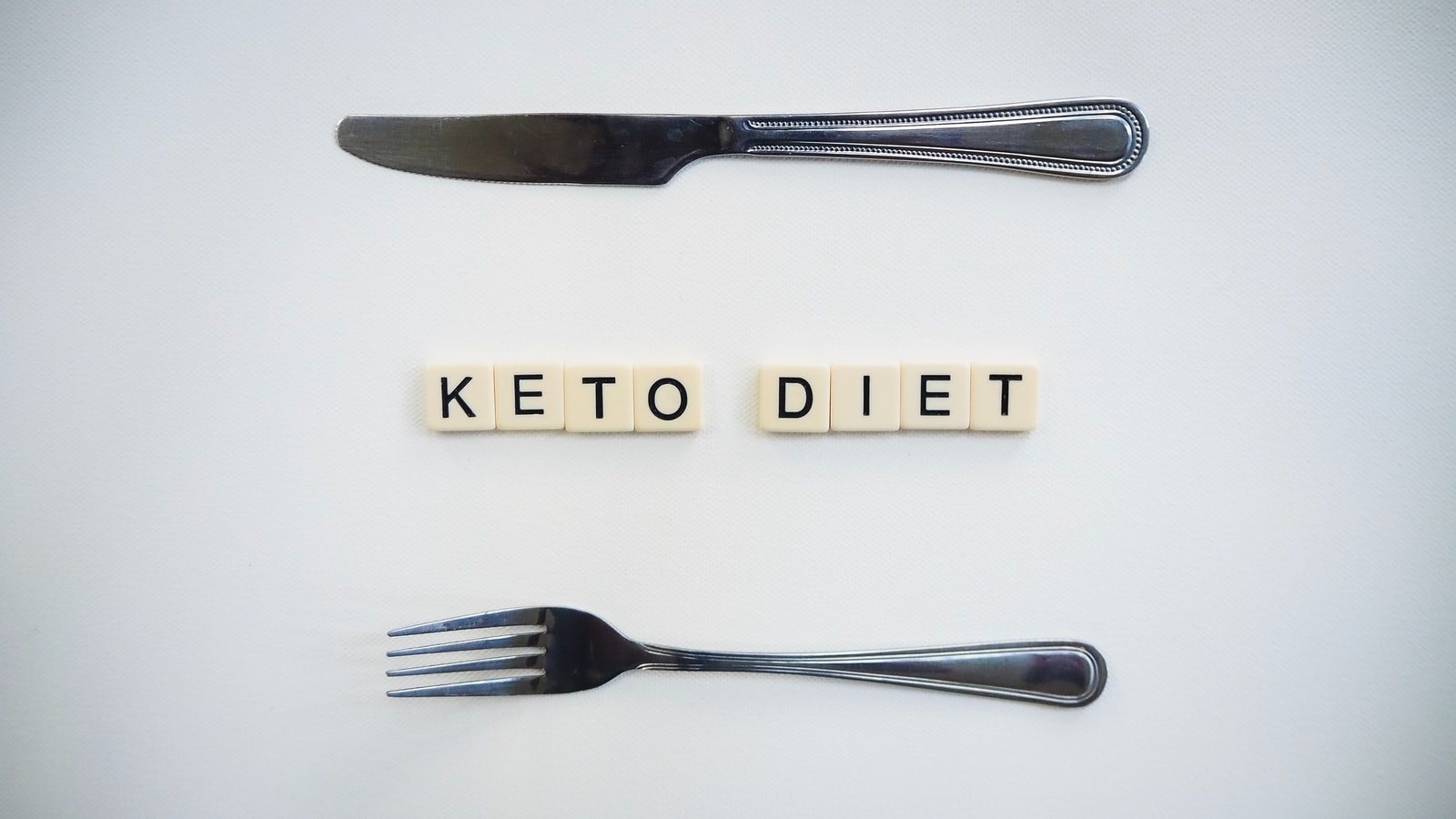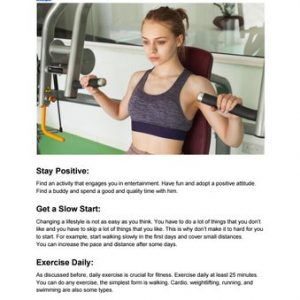The keto diet is the newest type of low-carbohydrate, high-protein diet available today. But are there other weight loss diets out there that could provide the same benefits? While it was originally created in the 1920s to help treat people with epilepsy, you should know there are many more other kinds of diets besides the keto diet. Read more and find out which diet might work best for you!
What is the keto diet?
The keto diet is a low-carb, high-fat diet that can help you burn fat more effectively. When your body is in a state of ketosis, it is burning fat for energy instead of carbs. This makes the keto diet an effective way to lose weight and improve your health.
Dairy in regard to the keto diet
The ketogenic diet is a high-fat, low-carbohydrate diet that has been shown to be effective in treating epilepsy. The diet requires that you consume a large amount of fat and a small amount of carbohydrates. This can be difficult to do if you are not used to eating a lot of fat. However, there are a number of dairy products that can help you meet your fat requirements.
Whole milk, heavy cream, and butter are all excellent sources of saturated fat. These fats are essential for the ketogenic diet and can help you reach your daily fat intake goals. Cheese is also a good source of fat, but it is important to choose a full-fat variety so that you don’t miss out on the benefits of the diet. Yogurt and kefir are also good sources of fat, but they also contain carbohydrates so they should be eaten in moderation.

Fitness levels, health benefits, and long-term weight trajectory
When it comes to diets, there is no one-size-fits-all approach. What works for one person may not work for another. There are many different factors to consider when choosing a diet, including fitness levels, health benefits, and long term weight trajectory.
Fitness levels can vary greatly from person to person. Some people are able to stick to a strict workout routine while others find it more difficult. Consider your fitness level when choosing a diet. If you are not very active, you may want to choose a diet that is lower in calories to avoid gaining weight. On the other hand, if you are very active, you may need a diet with more calories to fuel your workouts.
Health benefits are another important consideration when choosing a diet. Some diets may help improve certain health conditions, such as heart disease or diabetes. Others may help promote weight loss or prevent weight gain. Consider your health goals when selecting a diet plan.
Finally, think about your long term weight trajectory. If you are trying to lose weight, you will need to be more restrictive with your calorie intake than someone who is trying to maintain their current weight. If you are looking to gain weight, you will need to eat more calories than someone who is trying lose weight. Choose a diet that best fits your long term goals.
The cost savings calculated by your supermarket
When it comes to saving money on groceries, many supermarkets offer ways to save money on your total bill. Some of these cost savings may include coupons, special sales, or even club membership discounts. In addition, many supermarket chains offer loyalty programs that give you points or rewards for shopping with them.
How going wheat-free might help you lose weight quicker
If you’re looking to shed a few pounds, cutting out wheat might help you see results more quickly. Wheat contains gluten, a protein that can cause bloating and inflammation in some people. eliminating wheat from your diet could help reduce bloating and inflammation, making it easier to lose weight.
In addition, wheat is a high-glycemic food, meaning it raises your blood sugar levels more quickly than other foods. This can lead to insulin resistance, which has been linked to obesity. Reducing your intake of high-glycemic foods like wheat could help you lose weight by stabilizing your blood sugar levels.

Weight loss success stories of different diets
When it comes to weight loss success stories, different diets tend to produce different results. For instance, the ketogenic diet is often praised for its quick and dramatic results, while the Atkins diet is usually associated with more gradual but steady weight loss.
Then there are other diets that are known for their more moderate results, such as the Mediterranean diet or the DASH diet. And finally, there are those diets that are more controversial and less well-studied, such as the Paleo diet or the Atkins diet.
So which diet is right for you? That really depends on your individual goals and preferences. If you’re looking for quick and dramatic weight loss, then a ketogenic or low-carbohydrate diet may be your best bet. But if you’re looking for something more moderate, then a Mediterranean-style diet might be a better fit.
Ultimately, the best way to find out which diet is right for you is to experiment and see how your body responds to different types of eating plans. Different people will have different experiences with different diets, so there’s no one-size-fits-all answer. The only way to know for sure is to try out several different diets and see which one works best for you.
The Paleo diet vs. keto vs. Whole30
- The Paleo diet is based on the premise that humans should eat the way our hunter-gatherer ancestors did. The goal is to consume whole, unprocessed foods and to avoid dairy, grains, legumes, sugar, and highly processed foods.
- The keto diet is a high-fat, low-carbohydrate diet that puts your body into a state of ketosis. When in ketosis, your body burns fat for energy instead of carbohydrates. The goal of the keto diet is to promote weight loss and improve overall health.
- Whole30 is a thirty-day program that encourages participants to eat whole, unprocessed foods and to avoid sugar, alcohol, grains, dairy, legumes, and certain additives. The Whole30 program is designed to promote better health and wellness through dietary change.










